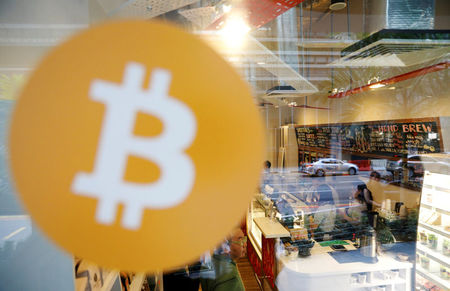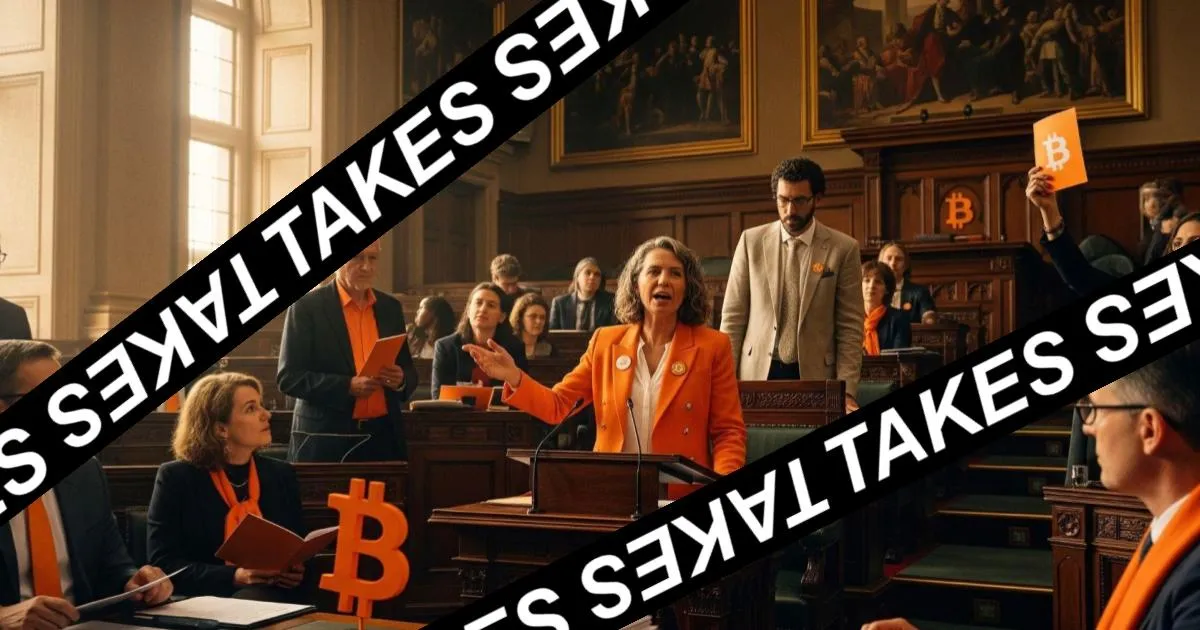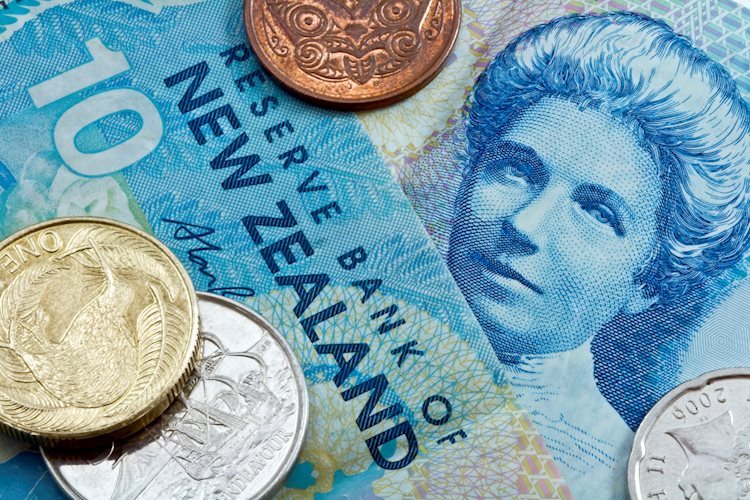Bank of Russia Says Qualified Investors Can Now Access Crypto Derivatives
The post Bank of Russia Says Qualified Investors Can Now Access Crypto Derivatives appeared on BitcoinEthereumNews.com. In brief The Bank of Russia announced that financial institutions can now offer crypto-linked derivatives to qualified investors. These instruments must be “non-deliverable,” meaning investors cannot actually own the underlying cryptocurrencies like Bitcoin or Ethereum. This policy change represents Russia’s evolving approach to cryptocurrency following international sanctions after the Ukraine invasion. The Bank of Russia said Wednesday that financial institutions may offer crypto-linked derivatives to qualified investors, marking a cautious yet significant step towards regulated crypto exposure in the country. “Financial institutions may offer qualified investors financial derivatives, securities, and digital financial assets whose yields are linked to cryptocurrency prices,” the central bank said in a statement. The instruments must be “non-deliverable,” meaning they cannot result in the actual ownership of crypto assets such as Bitcoin (BTC) or Ethereum (ETH). It’s similar to the restrictions that U.S.-based crypto ETFs have faced on offering in-kind redemptions. The bank urged a “conservative approach” to these offerings, calling for full capital coverage and individual exposure limits, while repeating its longstanding warning against direct investment in cryptos. The move is the latest in a series of policy steps aimed at developing Russia’s domestic crypto infrastructure without compromising its control. In 2020, the Bank of Russia barred mutual funds and brokers from offering crypto-exposed products, citing volatility, fraud risks, and systemic threats. The regulator has long viewed crypto, decentralized and unbacked, as incompatible with national monetary policy. Things began to shift after Russia’s invasion of Ukraine in 2022 triggered sanctions. Isolated from global finance, Russian officials began exploring how crypto could enable international settlements and preserve liquidity. The legal walls around crypto in Russia began to crack last August, when Putin signed a law permitting registered crypto miners to operate, formally regulating an industry long kept in legal limbo. In March, the Bank of…

The post Bank of Russia Says Qualified Investors Can Now Access Crypto Derivatives appeared on BitcoinEthereumNews.com.
In brief The Bank of Russia announced that financial institutions can now offer crypto-linked derivatives to qualified investors. These instruments must be “non-deliverable,” meaning investors cannot actually own the underlying cryptocurrencies like Bitcoin or Ethereum. This policy change represents Russia’s evolving approach to cryptocurrency following international sanctions after the Ukraine invasion. The Bank of Russia said Wednesday that financial institutions may offer crypto-linked derivatives to qualified investors, marking a cautious yet significant step towards regulated crypto exposure in the country. “Financial institutions may offer qualified investors financial derivatives, securities, and digital financial assets whose yields are linked to cryptocurrency prices,” the central bank said in a statement. The instruments must be “non-deliverable,” meaning they cannot result in the actual ownership of crypto assets such as Bitcoin (BTC) or Ethereum (ETH). It’s similar to the restrictions that U.S.-based crypto ETFs have faced on offering in-kind redemptions. The bank urged a “conservative approach” to these offerings, calling for full capital coverage and individual exposure limits, while repeating its longstanding warning against direct investment in cryptos. The move is the latest in a series of policy steps aimed at developing Russia’s domestic crypto infrastructure without compromising its control. In 2020, the Bank of Russia barred mutual funds and brokers from offering crypto-exposed products, citing volatility, fraud risks, and systemic threats. The regulator has long viewed crypto, decentralized and unbacked, as incompatible with national monetary policy. Things began to shift after Russia’s invasion of Ukraine in 2022 triggered sanctions. Isolated from global finance, Russian officials began exploring how crypto could enable international settlements and preserve liquidity. The legal walls around crypto in Russia began to crack last August, when Putin signed a law permitting registered crypto miners to operate, formally regulating an industry long kept in legal limbo. In March, the Bank of…
What's Your Reaction?







































